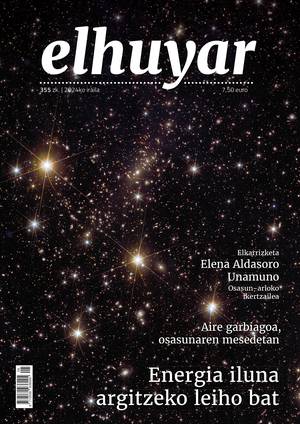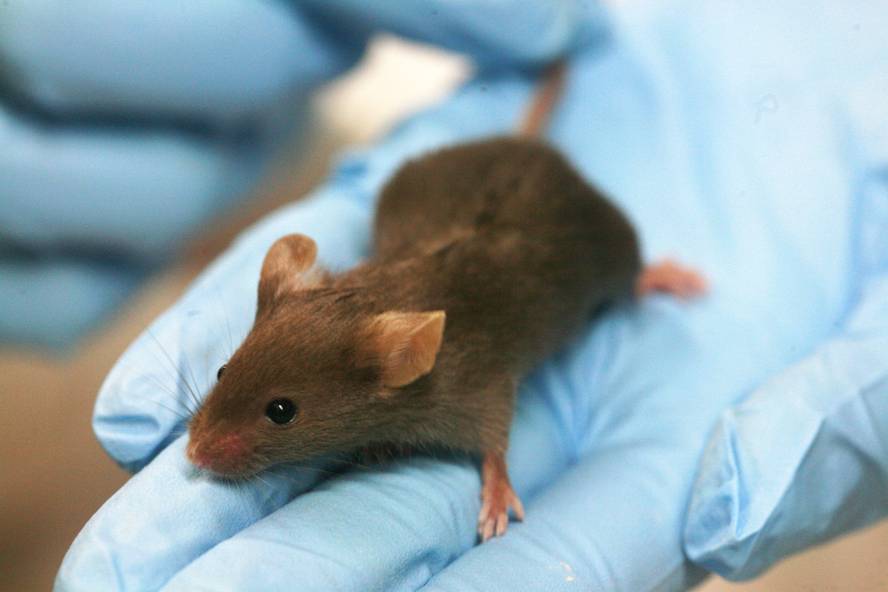Sirtuin protein shows that life increases
Researchers at Bar-Ilan University (Israel) have shown that a sirtuin prolongs the life of male mice around 15%. Scientists have been researching the Sirtuin protein family for years, especially since they saw that overexpression of the SIRT1 gene meant an extension of life in nematodes and fruit flies.
Thus, numerous studies have been conducted on the SIRT1 gene, even in mammals, but they have not obtained the expected results. On this occasion they have studied the SIRT6 gene of the same family and have obtained interesting results.
In fact, in 2006 other researchers showed that mice that did not contain the SIRT6 gene were older than normal. Researchers at Bar-Ilan University addressed this topic and decided to investigate what happened when an excess of SIRT 6 proteins was produced. According to the study, the longevity of female mice does not vary, but males lengthen, specifically live between 10 and 15% above normal mice, depending on the line of transgenic mouse.
In addition, they have shown that the SIRT6 gene influences the path of a growth factor associated with length of life (IGF-1), but have recognized that they still have many questions to answer. Among other things, they want to know how the overexpression of the SIRT6 gene influences throughout their lives and study the functions of other sirtuins.
The study has been published in the journal Nature.






